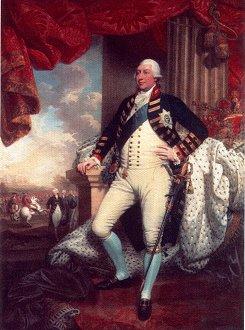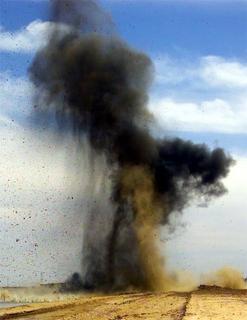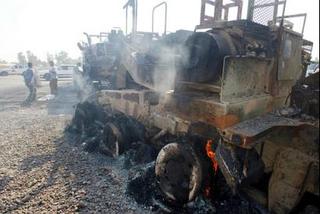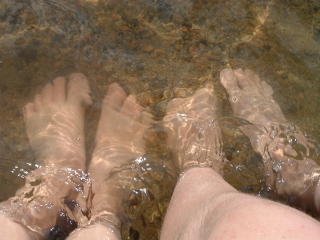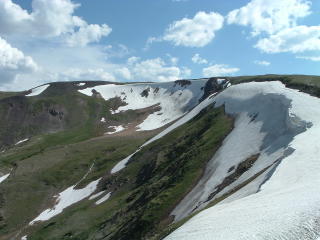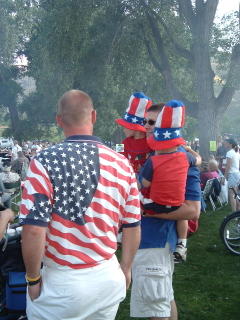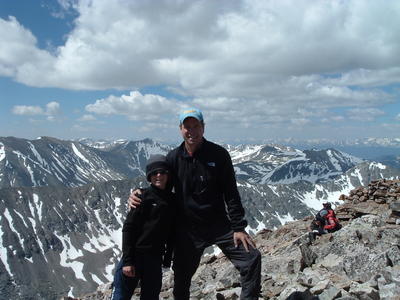Hiking and Hitchhiking
Andrew and I just got home from backpacking in the Colorado wilderness.
Lots of outdoor stuff on the blog these days.
Short summer seasons in the high country in Colorado and very short summer school vacations here create a pretty small window of opportunity.
The trip had two possible itineraries.
In Plan A, we hike and camp a lot. Both of us carry our backpacks over the Continental Divide.
In Plan B, we hike and camp a lot, but Andrew decides he doesn't want to do the slog over the divide cuz it's too far and too heavy. We hike out after two days and Janet picks him up and then I continue over the top to the other side.
We do Plan B. After carrying my pack over the top I know he made the right choice.
Pretty impressive for a 12 year old who wants to please dad.
Plan B also involves hitchhiking. We take a short spur trail out of the woods and end up on a highway many miles from any place a cell phone will work. We need to call Jan so she can come and pick up Andrew.
So we stick out our thumbs and try to hitch a ride to a place with a land line phone.
Lots of cars pass for a couple of hours but nobody picks us up.
I think about my junior high and teen years when it was easy to catch a ride. My friends and I hitched along the 15 miles of Beach Boulevard to Huntington Beach almost every week during our summers in SoCal.
I wonder why people won't stop and pick us up.
No need to fear Islamic terrorism in this situation. People with sleeping bags don't do detonations.
But you never know what imaginative citizens are thinking these days.
Other options?
1. Fear of serial killers.
I know those types are always the guy next door. But are they ever the guy next door and his young son hefting camping gear on a country road?
At 50 mph it's all first impressions.
You're the driver. Make up your own mind. You've got 5 seconds.
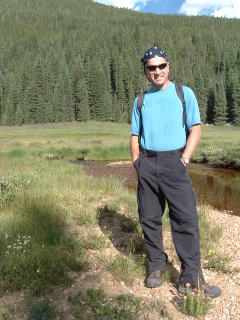
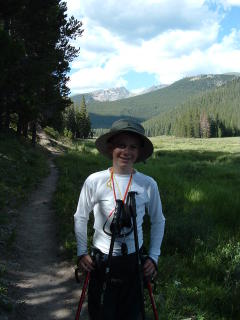
2. Poor technique.
After 45 minutes of hitching failure I look back and notice that Andrew is turning his thumb directly up in the universal "it's all good" signal and waiving it at the passing cars. Good intentions and poor technique never get it done.
3. Inadequate Personal Hygeine.
Who wants a couple of people who obviously haven't taken a shower for a couple of days in their car?
Ya, I'm ok with that reason. Good thinking.
-------------------
A conflicted family from Missouri finally rescues us. They drive up slowly as if to pick us up. The teenage daughter behind the wheel sticks her head out and says, "Don't think there's enough room."
Their large van has plenty of room. All of us--both inside and outside of the van--can see that clearly.
Dad--riding next to her in the shotgun seat--looks embarrassed. He does the kind thing and invites us in.
On the way to our destination, which turns out to be their destination, dad and teen daughter say nothing to us and act like we're a couple of strays who just peed on their dining room carpet.
Mom, in the back of the van, strikes up a friendly conversation and makes us feel welcome for the few minutes we spend with them. God bless Mom.
I'm not sure which trip--the hiking or the hitchhiking--was more of an adventure. Good learning experience for Andrew, for sure.
Lots of outdoor stuff on the blog these days.
Short summer seasons in the high country in Colorado and very short summer school vacations here create a pretty small window of opportunity.
The trip had two possible itineraries.
In Plan A, we hike and camp a lot. Both of us carry our backpacks over the Continental Divide.
In Plan B, we hike and camp a lot, but Andrew decides he doesn't want to do the slog over the divide cuz it's too far and too heavy. We hike out after two days and Janet picks him up and then I continue over the top to the other side.
We do Plan B. After carrying my pack over the top I know he made the right choice.
Pretty impressive for a 12 year old who wants to please dad.
Plan B also involves hitchhiking. We take a short spur trail out of the woods and end up on a highway many miles from any place a cell phone will work. We need to call Jan so she can come and pick up Andrew.
So we stick out our thumbs and try to hitch a ride to a place with a land line phone.
Lots of cars pass for a couple of hours but nobody picks us up.
I think about my junior high and teen years when it was easy to catch a ride. My friends and I hitched along the 15 miles of Beach Boulevard to Huntington Beach almost every week during our summers in SoCal.
I wonder why people won't stop and pick us up.
No need to fear Islamic terrorism in this situation. People with sleeping bags don't do detonations.
But you never know what imaginative citizens are thinking these days.
Other options?
1. Fear of serial killers.
I know those types are always the guy next door. But are they ever the guy next door and his young son hefting camping gear on a country road?
At 50 mph it's all first impressions.
You're the driver. Make up your own mind. You've got 5 seconds.


2. Poor technique.
After 45 minutes of hitching failure I look back and notice that Andrew is turning his thumb directly up in the universal "it's all good" signal and waiving it at the passing cars. Good intentions and poor technique never get it done.
3. Inadequate Personal Hygeine.
Who wants a couple of people who obviously haven't taken a shower for a couple of days in their car?
Ya, I'm ok with that reason. Good thinking.
-------------------
A conflicted family from Missouri finally rescues us. They drive up slowly as if to pick us up. The teenage daughter behind the wheel sticks her head out and says, "Don't think there's enough room."
Their large van has plenty of room. All of us--both inside and outside of the van--can see that clearly.
Dad--riding next to her in the shotgun seat--looks embarrassed. He does the kind thing and invites us in.
On the way to our destination, which turns out to be their destination, dad and teen daughter say nothing to us and act like we're a couple of strays who just peed on their dining room carpet.
Mom, in the back of the van, strikes up a friendly conversation and makes us feel welcome for the few minutes we spend with them. God bless Mom.
I'm not sure which trip--the hiking or the hitchhiking--was more of an adventure. Good learning experience for Andrew, for sure.
